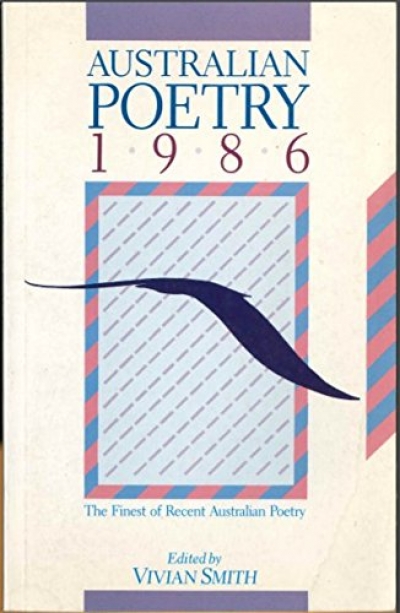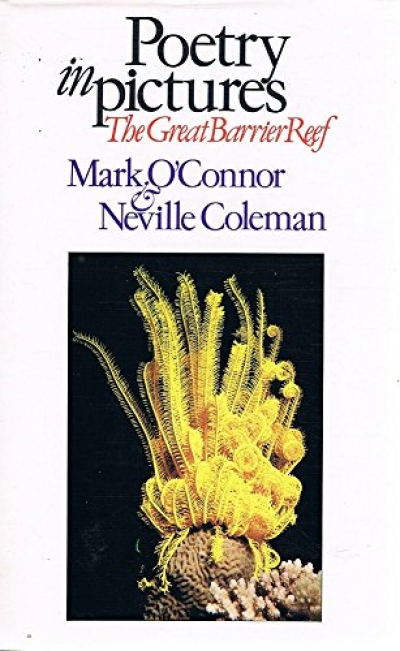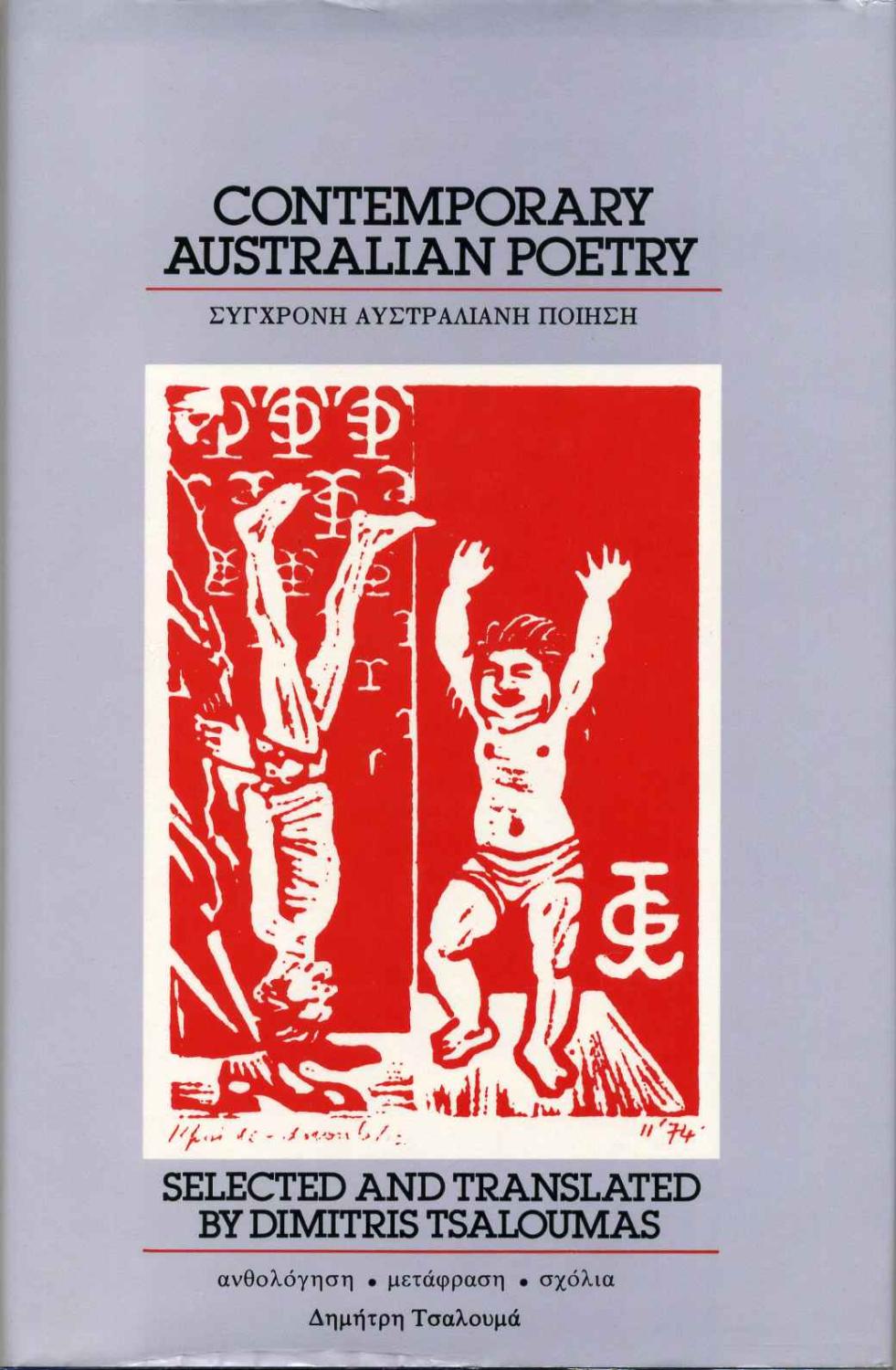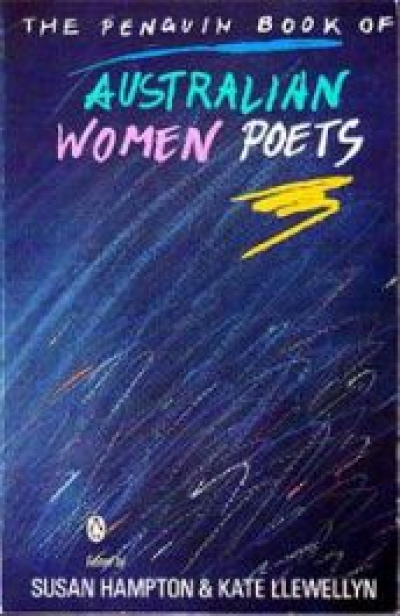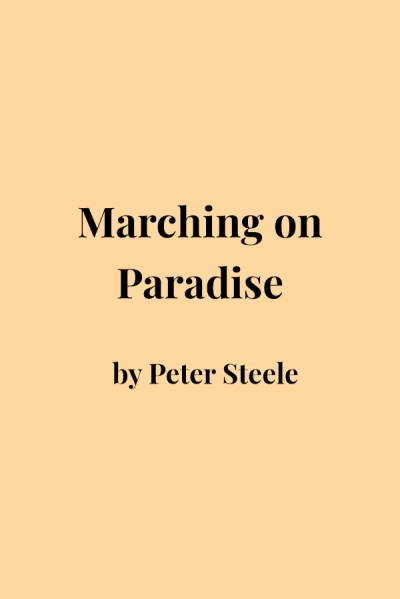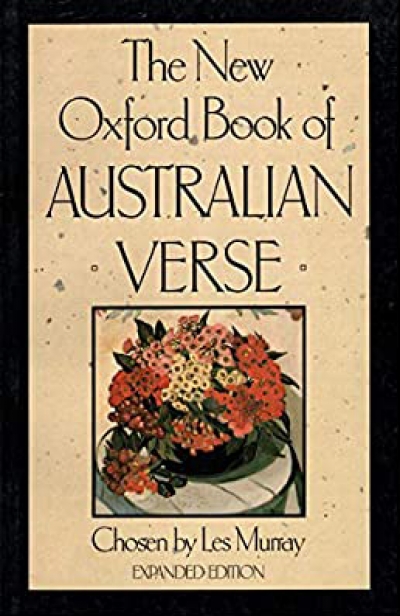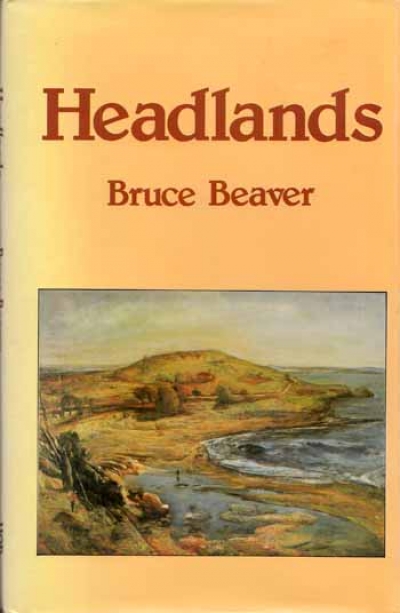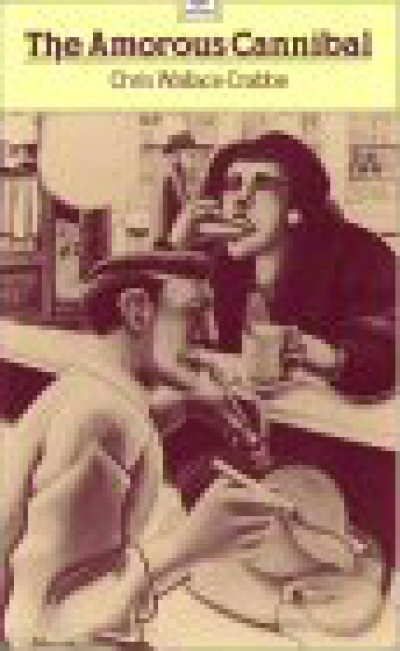Poetry
I have never met Vivian Smith but respect him awfully. The remarkable thing about his editing of this new anthology of Australian poetry is that his own work is not in it. This is unprecedented among recent anthologies, and may of course be a printing error. Even that excellent poet of Buddhist leanings, Robert Gray, was unable to achieve such perfect nirvana some years back in his Younger Australian Poets. I think Vivian Smith could at least have included here his very fine poems ‘The Names’, which appeared in the most recent Mattara Award anthology.
... (read more)Poetry in Pictures: The Great Barrier Reef by Mark O’Connor and Neville Coleman
Illustrations are almost mandatory for certain types of books, technical manuals, travel books. Illustrated poetry is not unheard of, but neither is it a common phenomenon in Australia, the normal perception being that poetry is a discrete and competent medium. Nevertheless, there are times when pictorial complementation has been thought desirable. Such a book is O’Connor and Coleman’s Poetry in Pictures: The Great Barrier Reef, which collects some of O’Connor’s reef poems and matches them up with some superb photographs of the birds and marine forms described. The result is a handsome book of the sort you might buy at a reef resort for a Thinking Friend back home.
... (read more)Generally, Dimitris Tsaloumas’s publications in Australia have been discussed in terms of translation, translation from Greek into English which made most reviewers long for an understanding of the original. Tsaloumas’s ‘otherness’, the difference in his poetry, has been connected with, on the one level, its bilingual presentation, its obvious physical difference. This difference is obvious again in this latest publication, the Queensland University Press’s anthology of Contemporary Australian Poetry. On first glance it too tells you that it is different; it has an excess, the Greek, for the Australian reader – not however, for the Greek. Ironically, for her this functions the other way around; the English is excess, it is strange marks on a page. Published in Greece by Nea Poreia Press in 1985, its aim was, in the words of its compiler, ‘to give some idea of the variety and wealth of the poetic production of this distant but very young and vigorous world of the antipodes’. The means through which it achieves this end are the familiar ones of translation.
... (read more)Twentieth Century Australian Poetry edited by Yasuko Claremont
Written in Japanese, this is an introduction to Australian people through Australian poetry. Yasuko Claremont is a long-time Japanese resident in Australia who studied Australian literature at Sydney University. Finding unacceptable the image, widely-propagated among the Japanese, of ‘jolly Australians who do not work as hard as the Japanese,’ she wrote this book to help the Japanese ‘get to the heart of the Australians,’ which, she thinks, can be done effectively through reading Australian poems in the language of the Australians.
... (read more)Australian Women Poets edited by Susan Hampton and Kate Llewellyn
In a paper entitled ‘Anthologies and Orthodoxies’ given recently at the Australian Literature Conference in Townsville, Jennifer Strauss, herself a poet as well as an academic, analysed the contents of six recent poetry anthologies, including this new Penguin collection. She came up with the same revealing statistics as editors Susan Hampton and Kate Llewellyn had discovered from a larger sample of fifteen collections: the average of female authors represented was only seventeen per cent. Obviously one of the orthodoxies enshrined in anthologies is in need of critical scrutiny if we are. unwilling to accept the implication that there are either fewer or less talented women writing poetry than there are men.
... (read more)Peter Steele is a meditative poet with a gift for aphorism: joy / has more of gravity than of gaiety’; ‘You cannot find / your way, but it is finding you’. And of God he saysZ: ‘I’m lost for words except for those to ask / He’ll look my way and make me see it his.’
... (read more)Portrait: A west coast collection edited by B.R. Coffey and Wendy Jenkins
Portrait presents a selection of short stories and poems from twenty-four writers from Western Australia: it celebrates a decade of publishing by the Fremantle Arts Centre Press by recognising (to quote from the brief introduction to this collection) ‘the achievement of writers who have been part of the history of the Press’. As we would now expect from this Arts Centre press, the book is beautifully produced, its stunning cover lifted from a painting by Guy Grey-Smith. In fact, the title of the collection itself announces the link between fine art and the writing this book contains. This is a ‘portrait’ of a publishing house and the writers it has fostered, and the stories and poems are themselves ‘portraits’ of people, places, flora and fauna, streets, and houses – colourful, exotic, introspective, delicate, distanced, isolated.
... (read more)The New Oxford Book of Australian Verse edited by Les A. Murray
This book can read at times as though it were Les Murray’s revenge on Australian poetry. Of course, no anthology will please all of the people all of the time, but this one does not so much seem to represent any consistent view of what significant poems have been written in this country as Murray’s own projections about the kinds of poetry which ought to have been written here. The New Oxford Book of Australian Verse is quirky and opinionated, very ambitious in the ground it wants to cover, and yet ultimately hamstrung in its assemblage. It amounts to a quixotic attempt to see Australian poetry as a massively unified body of work, and Murray has played fast and loose with the material that was before him in order to reveal this unity.
... (read more)The jacket painting on Bruce Beaver’s highly wrought little book of prose poems is Lloyd Rees’ ‘The Coast near Klama’. It’s an elevated view of virgin green and dun coloured headland, the ochres rising through. Sea swirls into an oysterish bay. There is one distant figure looking down on another distant figure in a rock pool below. The sky, as with so many Rees skies, is egg-shelly yellow near the horizon, a glowing compliment to the taste we form and hold of earth.
... (read more)As artists get older, they are supposed to mature, and commentators begin to look for the demarcations of their three periods, a nice bequest from Beethoven. One vitiating side effect of this is to misplace freshness in their art. Judging the vital middle period works, and bowing before the sublimity of the late, the critic bestows a nostalgic glance over his shoulder to the early output – ah, what freshness, what morning glory there! It may be true of Beethoven, but the experience of most of us lesser creatures is more often the opposite. We start a bit grey and elderly: only later, after much experience, do we throw off ponderousness, embrace wit and light-spiritedness and appear verdant for the public gaze. I hope Chris Wallace-Crabbe will not object to my including him in this (to me) honourable company: those who write, after thirty years on the job, with twice the élan they had at the beginning.
... (read more)

